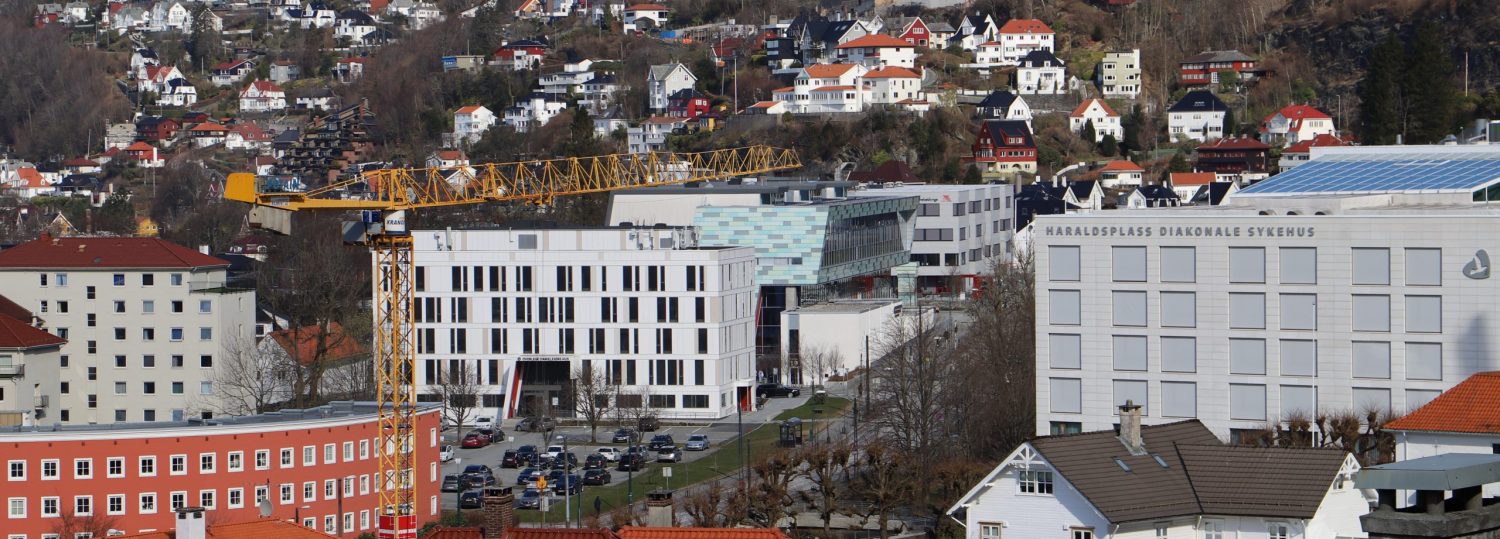PhD course at the Faculty: GEO-SD900 PhD for Innovation – Interdisciplinary problem solving and Creativity
The purpose of the course is to equip PhD candidates with problem solving methods that facilitate interdisciplinary collaboration with a strong focus on research impact. This will be achieved by working concretely with challenge-driven innovation related to sustainable development goals (SDGs), in teams consisting of PhD candidates with varied disciplinary backgrounds.
PhD candidates gain theoretical as well as practical experience in methods and ways to solve complex problems that are characteristic for sustainable development challenges. The course works with both, private and public sector institutions (problem owners; possibly varying from one course to the next) who furnish PhD candidates with an applied context and specific sustainable development problems.
The course combines theory and application:
- Theoretical part: systems thinking and creative problem solving.
- Practical part: work in interdisciplinary teams using the methods for solving concrete sustainable development challenges. Three days of the practical work will be conducted in the format of a hackathon
Course registration and deadlines
- Registration deadline 8 April 2019.
- Apply for registration with this registration form.
The maximum number of participants is 20. Interested PhD candidates are asked to send in a brief letter of motivation (maximum 400 words). Participants will be selected based on this letter and a consideration of their (disciplinary) backgrounds to ensure maximum diversity of skills and expertise.
For your letter of motivation, please tell us why this course is important for you. We need to know about your educational and professional background, about the skills and expertise you bring to the course and about the skills and expertise you wish to gain from this course.
Programme Course program and literature
Credits (ECTS): 5 ECTS
Study period
- 7 and 8 May (session 1)
- 21 – 23 May 2019 (session 2)
For more information and contact persons, read: Complete course description.
